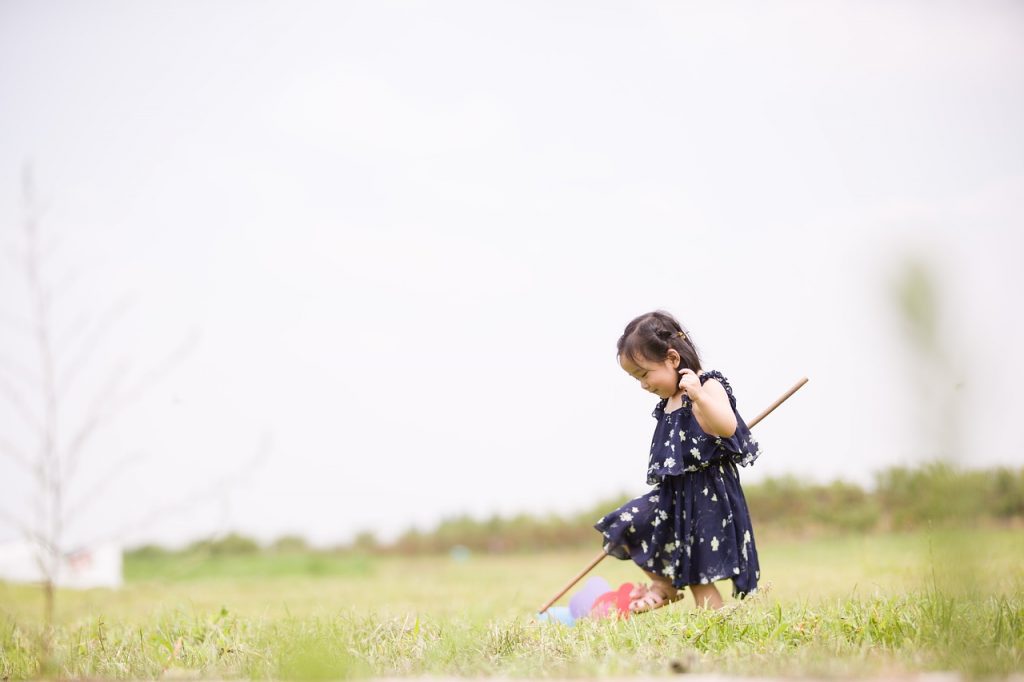Common Mistakes Parents Make When Using Three-Day Potty Training
 Potty training comes with a variety of benefits, including making the child more independent and saving you on diaper costs. To ensure the training works well for your child, you need to avoid some of the common mistakes, such as the ones highlighted below.
Potty training comes with a variety of benefits, including making the child more independent and saving you on diaper costs. To ensure the training works well for your child, you need to avoid some of the common mistakes, such as the ones highlighted below.
Starting Too Early
Children usually develop at different rates, which means that it is possible to see a child who is potty trained even at 18 months. That, however, should not rush you into potty training your child too early. Doing so will mean that you always have to be hands-on during potty time, and that is for babies that can hold their bladder. It might pose a challenge when you are not around. The ideal age for potty training is between two and three years. Watch out for various signs that will indicate your child is ready for 3-day potty training.
Not Using the Right Potty Talk
You might be tempted to use some negative potty training words such as ‘stinky’ or ‘dirty.’ That, however, is not a good idea as it can impact the child’s self-esteem negatively. Loving encouragement and positive reinforcement usually work a lot better for kids. It can even help to improve the relationship between you and your child. Additionally, do not punish your child for anything related to potty training, no matter how frustrating or displeasing it may be.
Trying Night Training
Night training is another mistake that most parents do when doing three-day potty training. It takes a lot longer for a kid to learn bladder control during the night compared to during the day. Instead, consider using waterproof mattress covers and overnight training pants until your child can hold his bladder while asleep. It is normal to find a kid wetting his bed even past the age of six years. If your child still wets the bed by the age of eight, you should consider seeking medical advice.
Over-Relying on Rewards
Rewarding your child every time he uses the potty is also a mistake. It is okay to reward them every once in a while, but do not overdo it. In most cases, simple praise should be enough. You can consider using treats for older children that still need motivation, probably from around four years of age.…

